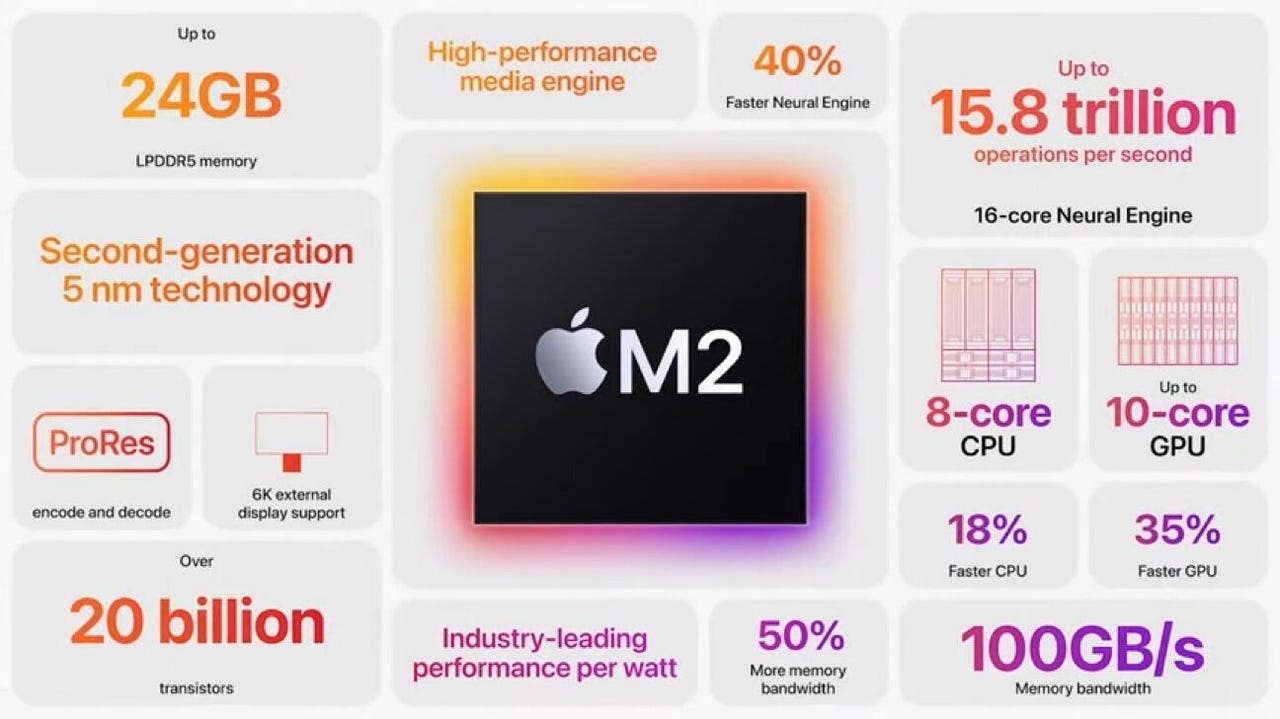'ZDNET Recommends': What exactly does it mean?
ZDNET's recommendations are based on many hours of testing, research, and comparison shopping. We gather data from the best available sources, including vendor and retailer listings as well as other relevant and independent reviews sites. And we pore over customer reviews to find out what matters to real people who already own and use the products and services we’re assessing.
When you click through from our site to a retailer and buy a product or service, we may earn affiliate commissions. This helps support our work, but does not affect what we cover or how, and it does not affect the price you pay. Neither ZDNET nor the author are compensated for these independent reviews. Indeed, we follow strict guidelines that ensure our editorial content is never influenced by advertisers.
ZDNET's editorial team writes on behalf of you, our reader. Our goal is to deliver the most accurate information and the most knowledgeable advice possible in order to help you make smarter buying decisions on tech gear and a wide array of products and services. Our editors thoroughly review and fact-check every article to ensure that our content meets the highest standards. If we have made an error or published misleading information, we will correct or clarify the article. If you see inaccuracies in our content, please report the mistake via this form.
Apple M1 vs M2: M1 Pro, Max and Ultra are still more powerful -- for now

It feels like only yesterday that Apple first unveiled the M1 Apple Silicon chip. It was, in fact, November 2020.
Well, less than two years on and it's already time for the second generation of Apple Silicon chips to make an appearance at WWDC 2022.
Also: Are M1 Macs a bad buy now?
Called the M2, this builds on what the M1 chip bought to the table with significant improvements across the board without compromising power efficiency.
So, what does the M2 bring to the table?

Apple Silicon M2 specs
Apple Silicon M2 specs
- Second-generation 5-nanometer technology
- Up to 8-core CPU (4× high-performance + 4× high-efficiency)
- Up to 10-core GPU
- 16-core Neural Engine capable of up to 15.8 trillion operations per second
- Up to 24 GB LPDDR4 unified memory
- 100GB/s memory bandwidth
- Support for ProRes encoding and decoding
- Over 20 billion transistors
- New Secure Enclave
What are the improvements over the M1 chip?
- Up to two extra GPU cores
- Unified memory bumped up from a maximum of 16GB to a maximum of 24GB
- Transistor count up 25 percent from 16 billion
- Unified memory bandwidth up 50 percent
- Neural engine operations per second up over 40 percent
OK, but how do these specs translate into performance? Right now, we only have Apple's numbers to go by, but the performance gains of the M2 chip compared to the M1 are huge.
Comparing the M1 to the M2, Apple claims an 18% performance increase at the same power consumption, which is quite a boost.
M2 vs M1: Performance comparison
But it's when the M2 is compared to 10-core and 12-core chips that we find some impressive gains.
Comparing the Apple Silicon M2 to the M1, M1 Pro, M1 Max, and M1 Ultra
CPU cores | GPU cores | Max memory | Neural Engine Cores | |
M2 | 8 | 8 or 10 | 8, 16, and 24GB | 16 |
M1 | 8 | 7 or 8 | 8 or 16GB | 16 |
M1 Pro | 8 or 10 | 14 or 16 | 16 or 32GB | 16 |
M1 Max | 10 | 24 or 32 | 32 or 64GB | 16 |
M1 Ultra | 20 | 48 or 64 | 64 or 128GB | 32 |
For example, against the Core i7-1255U found in a Samsung Galaxy Book2, the M2 offers 1.9x the performance at the same power level and delivers a peak performance while using a quarter of the power.
M2 vs Intel Core i7-1255U
Compared to the 12-core Core i7-1260P found in an MSI Prestige 14Evo, the M2 delivers 87% of the performance of this chip while using only a quarter of the power.
M2 vs Intel Core i7-1260P
The 10-core GPU of the M2 is also a powerhouse, delivering up to 25% higher graphics performance than the M1 at the same power, and 35% more performance at maximum power.
Compared to the integrated graphics in the Core i7-1255U chip, it delivers 2.3x the peak performance while using just a fifth of the power.
M2 vs Intel Core i7-1255U GPU performance
Apple M2 FAQ
Does the M2 outperform the M1 Pro, M1 Max, and M1 Ultra?
Based on the data supplied by Apple, no. The M2 is a direct replacement for the M1, with the Pro, Max, and Ultra being high-end versions of the M1. We'll have to wait for Apple to release the M2 Pro, M2 Max, and M2 Ultra.
What hardware is getting the M2 chip first?
The M2 will make its debut in the MacBook Air and 13-inch MacBook Pro.
Is this a revolutionary new chip, or an evolutionary step forward?
Apple is clearly building on the M1 chip, adding more memory and GPU cores and also squeezing more performance out of the old design by creating a more efficient design.
What's the biggest difference in the M2?
Depends on what you're after, but the bump up to 24GB of RAM and doubling of the memory bandwidth is a huge jump forward.
What comes after the M2?
The M2 is just the beginning. If things pan out like they did for the M1, we'll be seeing M2 Pro, Max, and Ultra chips coming out over the next year to 18-months.